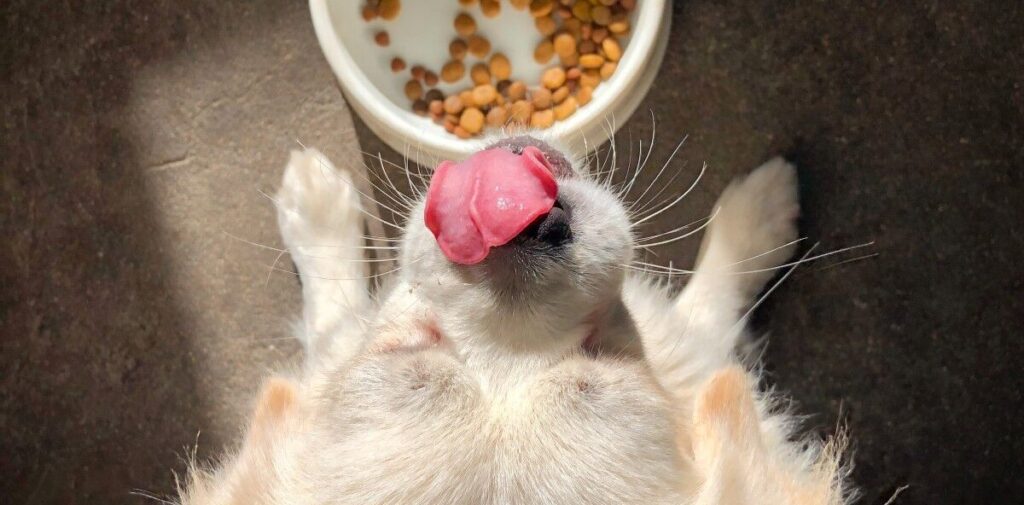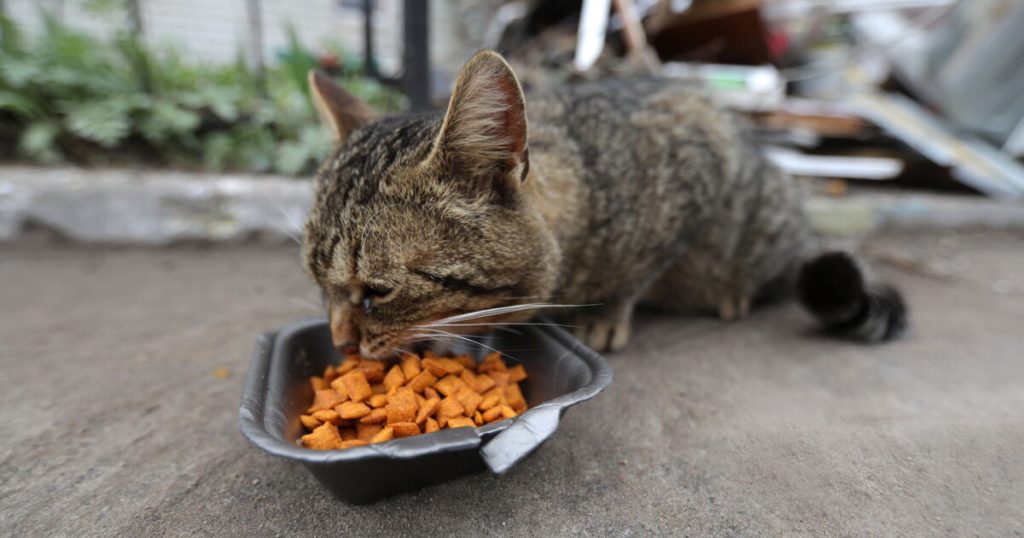
Inflation following the war in Ukraine and, more broadly, the poverty suffered for months or years, does not only constrain humans: feeding animals is also becoming more and more complicated for certain households. Products dedicated to them are even the third category most affected by the price increase in supermarkets, reports France Info. “Between March 2022 and March 2023, on average, in France, the price of animal products jumped by 15%”, specifies the media. Blame it on the increasing cost of raw materials and energy.
Immediate consequence: the SPA is struggling to accommodate its ever-increasing number of young residents throughout France. “Adopting an animal will cost more. We will have fewer people who will be able to devote part of their income to an animal., worries Jean-Charles Fombonne, president of the SPA, interviewed by France Info. When it's not money, it's space that runs out. “Many people in houses move to apartments, with dogs who can’t stand it.”notes Hélène Gautier, manager of an SPA shelter, questioned by Elle.
At the end of the first quarter of 2023, the association faced 15% additional abandonments within its shelters compared to the same period in 2022, reveals RTL. The Montpellier SPA even has 30% to 40% more in May 2023 compared to May 2022, and almost as many families knocking on the door of the shelter to leave their dogs there, points out the 20 Minutes site.
We talked about it in a previous article: more and more people now shoplift in order to maintain a decent diet. In mid-March, a woman also explained, in an article in Mediapart, that she had started stealing from supermarkets after realizing, at the end of a particularly difficult month, that she no longer had the means to pay for food. his cat.
An increase in the budget of 201 euros in two years
Living with a pet remains a significant financial burden. The survey “Like master, like dog or cat? The French and their pets”, conducted by the IFOP for Woopets in 2020, highlighted that 52% of French people then owned at least one animal and that they spent on average 442 euros per year on its food.
The survey “From inflation to abandonment… The French and their pets facing rising prices”, published in 2022, highlighted an increase of 201 euros in the average annual budget devoted to pet food (643 euros). Thirty percent of those questioned said they had cut their personal budget to meet the needs of their animal, 7% had abandoned it for financial reasons, and 7% were considering getting rid of it.
Solidarity (and legal) solutions exist to support people in need and their animals. The first container dedicated to animal products (non-perishable food and accessories) in France was inaugurated in April in Marignane, 80% financed by the Bouches-du-Rhône regional council. Questioned by La Provence, veterinarian and journalist Laëtitia Barlerin explained that “people can easily drop off all their donations which will be given directly to shelters and associations”. “I only have one wish, that this initiative becomes national”she continued.
When the dog gives its owners a reason to survive
Long before, in 2009, the Lyon association Croc Blanc had already created Resto animo, a first food bank for pets, present in several cities across the country. Marie Courtier, creator in 2013 of the Vendée branch with her husband Jean-Marc, explained on this date to Ouest France that the association collected food and then sold it “at prices well below the market, with a decreasing rate depending on the income of the beneficiaries”.
The previous year, in 2008, Yohann Severe organized the first collection of kibbles to distribute them in the streets of Caen. It was Rosaly, his black Labrador, who suggested this good idea to him. She has therefore become the image of the national federation Gamelles pleins, present in eleven cities in France, including Rennes, where the municipality allocated her a mobile kennel last April.
Thus, people in need can have their dog looked after for a few hours or up to a day, to attend an administrative appointment or even be hospitalized without leaving their companion behind. Dominique Durand, from the “health and environment” service of the city of Rennes, recalls that “the dog is not a brake, but a lever for the improvement of life and the inclusion of people”.
The same month, the 30 million friends Foundation donated 20,000 euros to Gamelles pleines to finance the costs of sterilizing animals, another item of expenditure that is certainly one-off, unlike food, but expensive. Yohann Severe comments: “The pet, and in particular the dog, sometimes remains their only social bond, their only friend, and sometimes even their only reason to survive. We believe it is very important to help owners keep, feed and care for their pets.”
Croquettes and dog boarding
Contacted by telephone, Laurent Garric, volunteer for the Rennes branch of Gamelles pleines, created in 2014, explains the daily life of the association. “Our main mission is marauding, every Thursday evening from 7 p.m. to 10 p.m. We distribute bowls of kibble to people with their dogs that we meet in the street, as well as veterinary products and treats, as needed. We take advantage of this meeting time to inform them of the help we can provide for the financial coverage of veterinary care.”
The volunteers meet near the premises located on rue du Pré Perché, before going to the Colombier area and Place de Bretagne. Meeting points known to people on the street since the Samu social also has its marauding habits there. Gamelles pleins also works with Cœurs resistants, an association fighting against precariousness offering food aid, with whom it stores kibbles and then distributes them to people who request them by appointment through the social worker who accompanies them.
The food for the dogs (and a few cats) in Rennes helped by Gamelles pleines comes from donations collected by the national federation from several major brands such as those of Nestlé Purina PetCare. “Individuals regularly offer to donate kibbles, but we do not have the space (to store them). We suggest they go and give them directly to people who need them.”
“The association only operates with volunteers”, continues Laurent Garric. A major difficulty when it comes to perpetuating the presence of good souls to fill the bowls, even if the media coverage of the association attracts new people. But more is needed to discourage them. The association is currently working on a dog boarding project, dedicated to welcoming the dogs of hospitalized people for several days, and seems interested in the idea of a container similar to that of Marignane.




